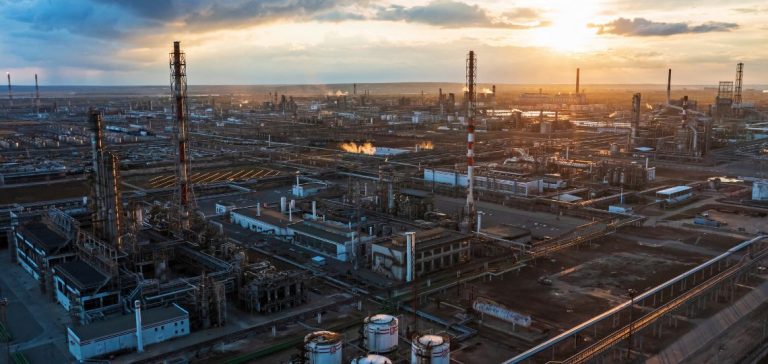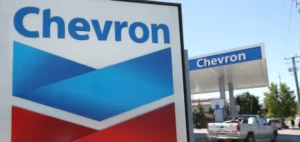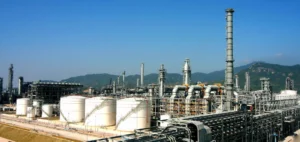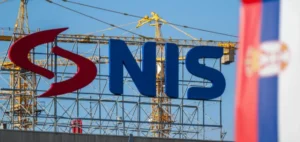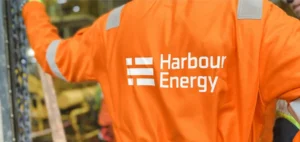The latest round of India’s Open Acreage Licensing Policy (OALP) has once again revealed the growing gap between the interest of domestic private companies and the lack of participation from international players. Despite increasingly favorable policies, no foreign investor submitted offers for the 28 oil and gas blocks spread across eight sedimentary basins in India. The government had hoped to attract international groups with flexible conditions, including the ability to define their own exploration areas.
The global economic environment, marked by volatile oil prices and geopolitical uncertainties, dampens the enthusiasm of foreign investors for Indian projects. Moreover, the lack of significant new discoveries in recent years reduces the appeal of the country’s upstream sector. In contrast, local companies see these conditions as an opportunity to strengthen their domestic market presence, as evidenced by Vedanta Limited’s active participation, bidding for all the blocks offered.
Local Companies Take the Lead
Local companies, both private and public, dominated this ninth phase of the OALP auctions. In addition to Vedanta Ltd., the leading public producer, Oil and Natural Gas Corporation (ONGC), submitted independent bids for 15 blocks. Oil India Limited, another state-owned enterprise, submitted six bids, while Sun Petrochemicals participated for seven blocks. The only recorded international collaboration was that of the consortium formed by ONGC, Reliance Industries Limited, and BP plc, which submitted an offer for a shallow water block in the Saurashtra Basin.
The enthusiasm of local players can be explained by their desire to diversify national production resources to offset the natural decline of existing fields. According to analysts at S&P Global Commodity Insights, the compounded annual growth rate of India’s upstream production has fallen by 1.1% over the past decade, mainly due to the maturity of fields currently operated by ONGC and Oil India. These local companies are therefore seeking to offset production declines by investing in riskier blocks, especially in the deepwater zones of the Krishna-Godavari, Mumbai, and Cauvery offshore basins.
A Sector in Need of Major Discoveries
India mainly offers three types of blocks in its auction cycles: category-1 blocks, which are already in production, category-2 blocks, which have contingent resources, and category-3 blocks, which remain unexplored. In this latest round, only category-1 and category-2 blocks were offered, underscoring the perceived lack of potential for new discoveries. Analysts believe that exploration of category-3 basins is hindered by the absence of a sufficiently attractive policy and fiscal framework to compensate for high risks.
Large international companies prefer to invest in markets with confirmed resources or in more predictable fiscal environments. The recent concession agreement signed between Urja Bharat—a joint venture between Indian Oil Corporation and Bharat Petro Resources Ltd—and the Abu Dhabi National Oil Company (ADNOC) for onshore block 1 exploration in Abu Dhabi illustrates this trend. Instead of committing significant resources to the domestic market, Indian companies choose to diversify their portfolios abroad.
Reforms Needed to Attract Foreign Interest
To attract more investors, the Indian Ministry of Petroleum has introduced several reforms, including the relaxation of OALP terms, the opening of new sedimentary basins, and the reduction of taxes on unconventional hydrocarbons. These measures aim to stimulate investment in less accessible resources, such as complex geological traps and unconventional formations.
However, these incentives are insufficient to address deeper structural challenges, such as bureaucratic complexity, slow environmental clearances, and high infrastructure development costs. Experts believe that India will need to establish a simpler regulatory framework and more dynamic public-private partnerships to encourage long-term investments in unconventional blocks and offshore projects.
Short-Term Prospects
In the short term, the development outlook for India’s upstream sector relies mainly on the exploration of unexploited resources in category-1 basins and the exploitation of new deposits in deepwater basins. However, without a major discovery, India will continue to rely heavily on local players to compensate for declining production in mature fields.
The lack of participation from major international groups also highlights the need for the government to rethink its overall strategy. Recent diversification efforts abroad, such as discussions with Brazil for deepwater projects, reflect India’s intent to position itself in the global market. Nevertheless, these initiatives alone will not be enough to close the investment gap in the domestic upstream sector.


